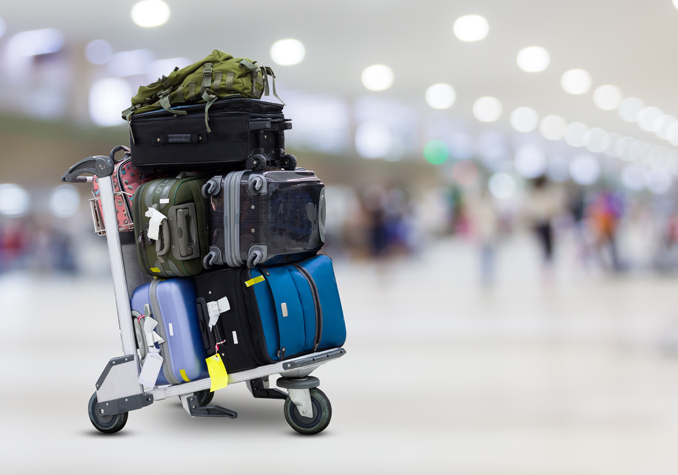UPS offers $1.8 billion to Coyote Logistics for purchase to minimize the increased cargo crisis and to advance freight performance
The deal between United Parcel Service, Inc. And Coyote Logistics could help to create large revenue and in savings of as much as $150 million. UPS increases the business by attaching customers and as well as shippers who are interested in doing work with the company. UPS could also take the support of Coyote’s network of 35,000 trucking companies during the peak of its business season in November and December.
A freight dealer that does not have its own resources of conveyance is retiring to Atlanta-based UPS. UPS is a world’s largest package delivery service which is operating an armada of 100,000 vehicles including trucks and motorcycles.
The coyote had $2.1 billion in revenue past year, and while UPS doesn’t break out its full-truckload brokerage revenues. A spokesperson Steve Gaut, said the purchase would rush those trades.
Chief Executive Officer of UPS David Abney said that the brokered full-truckload cargo section is an electrified growth market and UPS to assume, it will remain to surpass other shopping sections. The deal between both companies join UPS and its fleet of 100,000 brown package vans and other vehicles with experience connecting consumers of Coyote to a series of 35,000 trucking companies. According to Gaut, the deal will benefit to decrease the number of trips, UPS drivers producing without making a return.
After delivering the freight, UPS drivers have to move back to their destinations, sometimes without move ample freight. UPS creates about 7 million of these so-called empty leg tours every year. The coyote has an immense circle of customers, including food and drink companies to retailers and paper industrial firms. So Gaut said that due to deal between UPS and Coyote these clients of Coyote will help in reducing empty leg tours by filling the vacant trailers with customers’ goods in future.
William Blair & Co. Analyst Nate Brochmann said the deal would provide UPS a base in the region, it’s necessary, and follows a pattern of shipping companies proposing many varieties of services.
According to Brochmann, today with the development in technology, there are many opportunities for transportation companies to be one-stop shops. The transaction would be the third-largest logistics agreement of this year as the industry faces a rise in customer demand.













